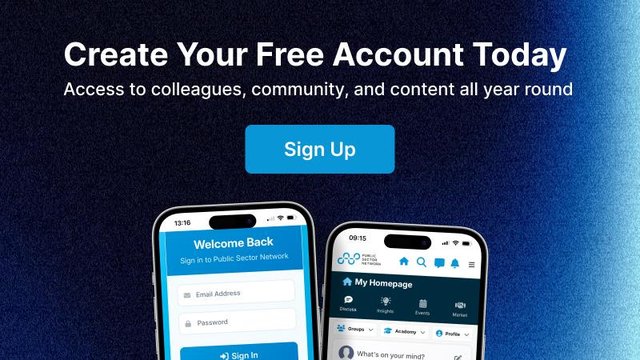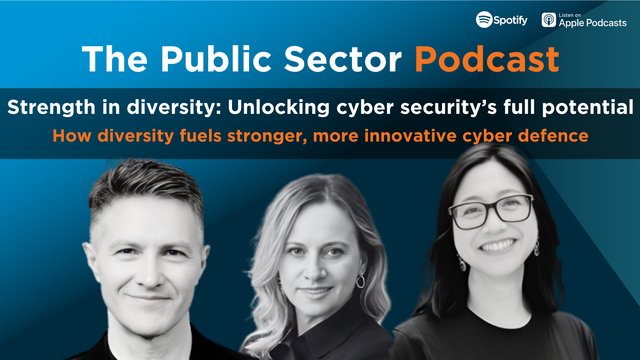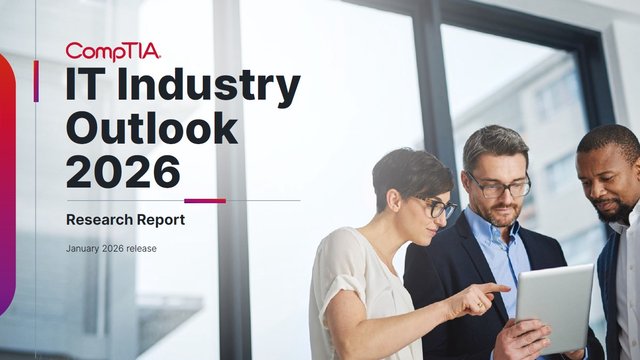

As organizations continue to adapt to the ever-changing landscape of work, HR leaders in government must take proactive measures to build a future-ready organization. In this article, we will examine some advice from five HR leaders within the Canadian public sector on how to achieve this. Our five experts representing the Financial Services Regulatory Authority of Ontario, Alberta Pensions Services Corporation, Public Services and Procurement Canada, Fraser Health and the Toronto Transit Commission will be participating in our upcoming HR and Future of Work Roadshow where they will be further sharing their insights into how their organizations are remaining agile and future-ready.
We first had the opportunity to hear from Jane Albright, Chief Human Resources Officer of the Financial Services Regulatory Authority of Ontario, who says it is crucial to make room for discussions about the organization's vision, and talent development and recruitment play an important factor with this. It’s essential that the right tools are available to grow talent, either internally or by attracting the right person externally. Additionally, HR leaders should focus on taking a balanced approach to employee well-being, promoting, monitoring, and adjusting programs based on employee feedback and needs, and connecting employees to a purpose that will motivate and inspire them to give their best.
Tamara Janzen, Vice President, Human Resources & Organizational Development of the Alberta Pensions Services Corporation, suggests that we should focus on outcomes rather than results. Assessing the desired impact of work instead of taking a narrow, task-based approach is essential. Leaders also need tools to make decisions using a thoughtful process that identifies the root cause of an issue, leverages the right people in the organization, helps overcome bias, and encourages the correct use of data.
Speaking of data. The future of work depends heavily on technology, shares Virdei Milorin, Senior Director of HR, Regional Operations, Public Services and Procurement Canada. He suggests that data literacy is essential for both employees and managers alike to leverage data as an integral part of their work. While data literacy awareness is increasingly common amongst various levels of employees and management, there is still much to be done. HR leaders should introduce data analysis to employees - the fundamentals of database design and use. This will give way to modernizing existing jobs and introducing more positions focused on data use, which will positively set up the future of work and ensure organizations are well-equipped to achieve their goals.
Matt Hopkins, Executive Director, People, Toronto Transit Commission also believes that HR leaders need to focus on leveraging new technologies. These new capabilities would be able to shift administrative and transactional functions to self-serve models and AI solutions, freeing up more time for people-focused work. This is especially important given the unprecedented levels of burnout and turnover following the pandemic. Supportive leadership is essential for retaining talent in a competitive market. Additionally, HR teams need to be trained in skills like project management, strategic business planning, and data analytics to make persuasive business cases supported by compelling data. HR leaders will increasingly need to measure the success of their approach and show a quantifiable impact on organizational metrics, goals, and budgets to build a future-ready organization.
Lastly, from a healthcare perspective, Amy Gill-Sidhu, Executive Director, Leadership and Talent, at Fraser Health shares that one of the areas of their organization’s focus is to deliver seamless and digitally enabled services. Skills related to enhancing the digital experience and driving efficiency without compromising patient care are essential for the future. Fraser Health’s wide variety of people development programs are available for team members to access, through an online learning platform that allows for customized and curated course pathways for staff. Another important area of focus is to position Fraser Health as a leader in social and environmental responsibility by embedding Equity, Diversity, and Inclusion (EDI) and planetary health throughout the organization.
Overall, HR leaders in government must take a long-term approach to future-proof the organization. Integrating HR and strategic planning is an excellent way to achieve this. HR leaders in government have a unique opportunity to lead the charge in creating a forward-thinking, agile organization that can adapt to a changing world. To achieve this, they must learn to leverage new technologies and transition HR functions and processes to self-serve models and AI solutions. They must also invest in skills training for their teams to further build organizational longevity and succession management, as well as key competencies in project management, strategic business planning, and data analytics. By doing so, HR leaders can lead the workforce in a way that supports the organization’s vision and goals, as well as positively impacting its people, metrics, and capacity for growth.
To register for our HR and Future of Work events, please visit the following LINK.































